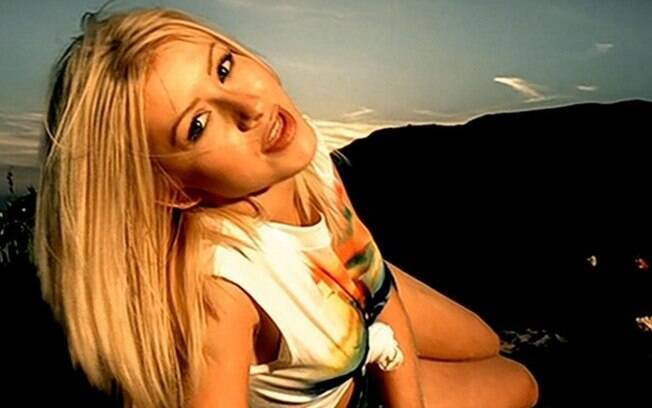In 2002, Christina Aguilera did something few pop stars dared at the time: she tore down the carefully crafted image the industry had built for her—and replaced it with something raw, real, and unmistakably her own.

Long known as the “pop princess” with soaring vocals and glittery chart-toppers, Christina had already achieved massive commercial success by her early twenties. But behind the scenes, she felt boxed in. The image that launched her career no longer reflected the woman she was becoming. Stripped, her second English-language studio album, marked a turning point—not just in her sound, but in her entire identity as an artist.

Gone were the polished pop formulas and teen-friendly visuals. In their place came vulnerability, grit, and unfiltered honesty. Songs like “Beautiful,” “Fighter,” “Can’t Hold Us Down,” and “The Voice Within” tackled everything from body image and emotional abuse to female empowerment and self-acceptance. Aguilera wasn’t just performing—she was sharing. And the shift resonated.

Critics were divided. Fans were electrified. And the industry couldn’t ignore her anymore—not as a teen idol, but as a fully-formed artist with something to say. Stripped wasn’t just an album; it was a declaration of independence. It redefined Aguilera’s career and helped usher in a wave of pop stars unafraid to challenge norms, speak up, and show their scars.

Looking back, Stripped stands as more than just a bold reinvention—it’s a cultural reset. At a time when image often trumped substance, Christina Aguilera chose substance, and it struck a nerve. She reminded us that reinvention isn’t about rebellion for rebellion’s sake. It’s about choosing truth over comfort—and owning every inch of who you are.

In doing so, she didn’t just break free. She helped others find the courage to do the same.